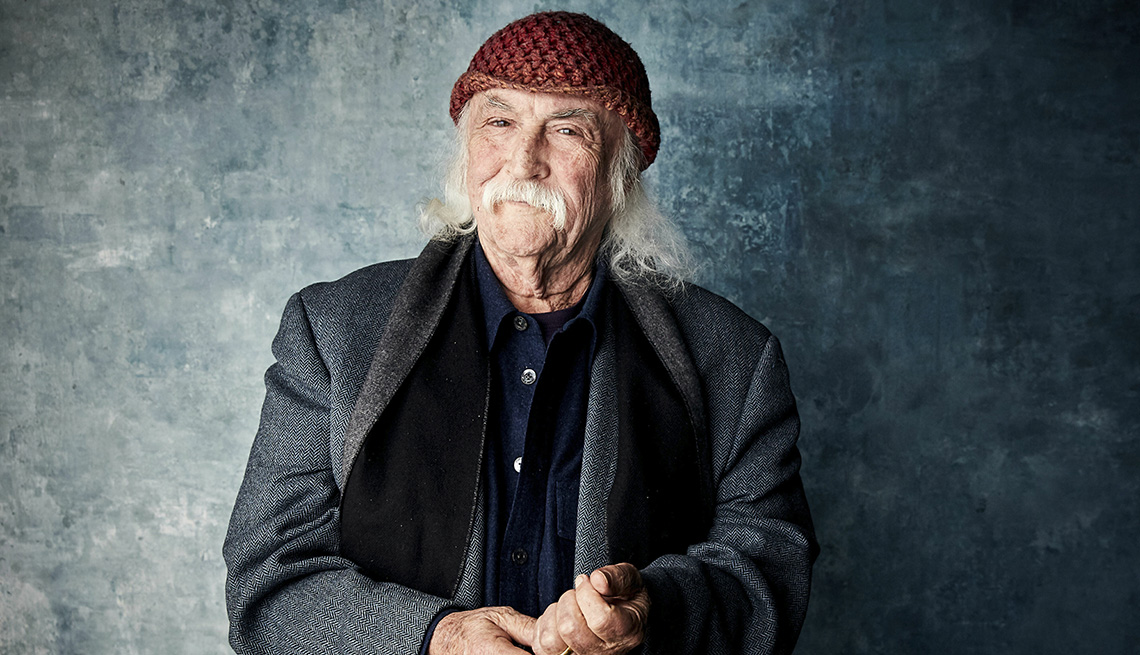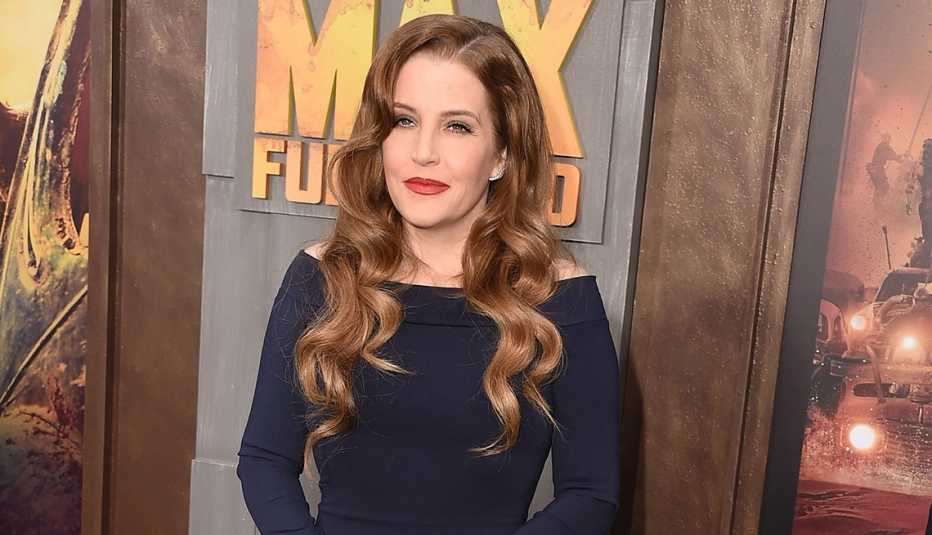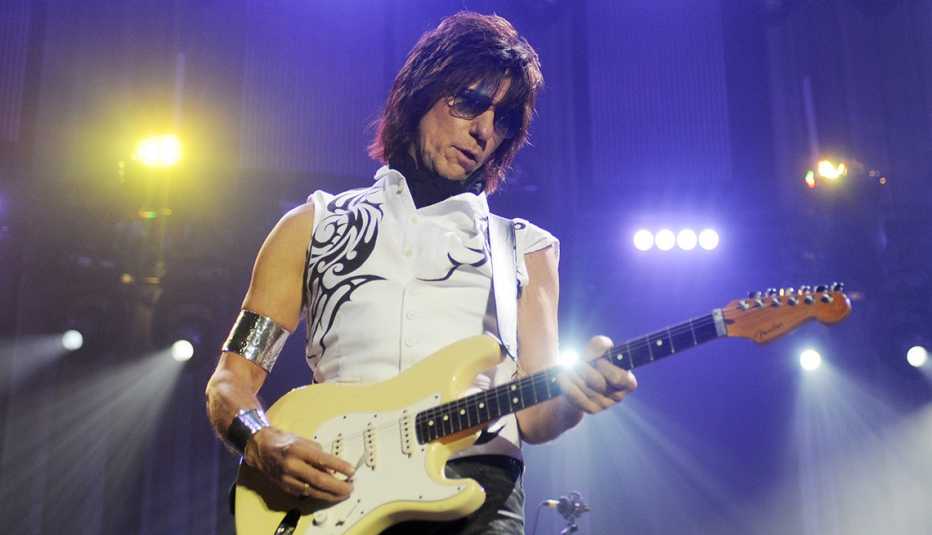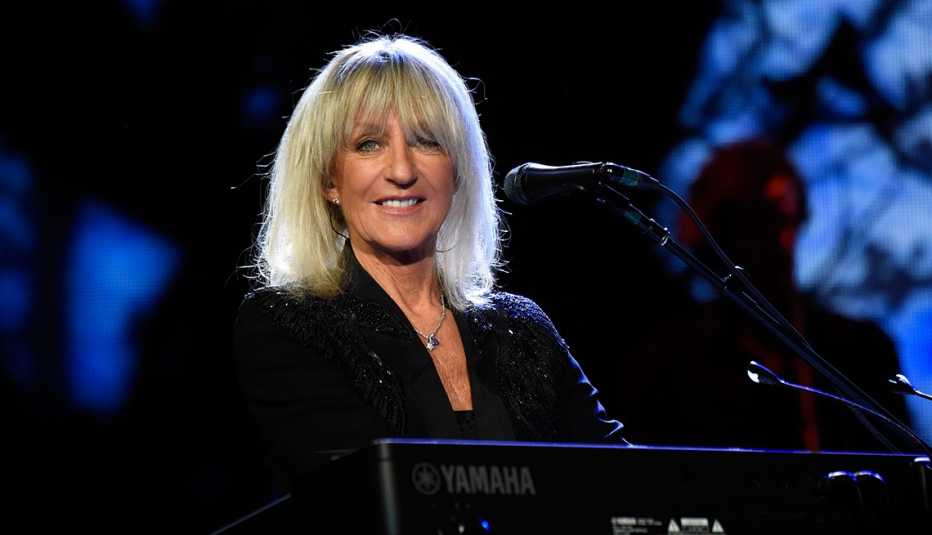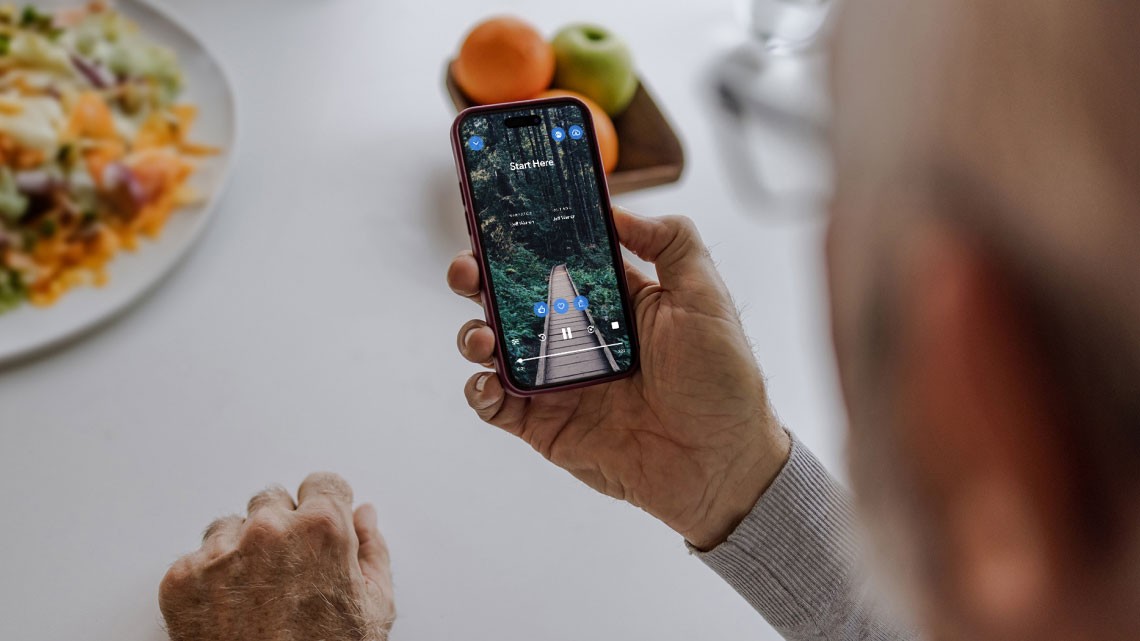Staying Fit
Charles R. Cross,
Legendary singer-songwriter and guitarist David Crosby, who gained fame in the 1960s with both Crosby, Stills & Nash and the Byrds, died Jan. 19. His wife, Jan, told Variety that Crosby had suffered from a long illness and died “lovingly surrounded by his wife and soulmate Jan and son Django. Although he is no longer here with us, his humanity and kind soul will continue to guide and inspire us. His legacy will continue to live on through his legendary music.”
Crosby grew up in Los Angeles, the son of Oscar-winning cinematographer Floyd Crosby (High Noon), and took to music after dropping out of college. In 1964, he formed the Byrds with Chris Hillman, Gene Clark and Jim McGuinn (later Roger McGuinn). With their 1966 hit “Eight Miles High,” the band helped popularize the California folk-rock style, and would later be cited as one of the first alternative country rock bands.


AARP Membership— $12 for your first year when you sign up for Automatic Renewal
Get instant access to members-only products and hundreds of discounts, a free second membership, and a subscription to AARP the Magazine.
Crosby then met Stephen Stills and Graham Nash and formed a trio (eventually adding Neil Young) that became one of the most successful groups of the late ’60s and ’70s. Some of the songs Crosby wrote with the band — “Guinnevere,” “Almost Cut My Hair,” “Long Time Gone,” “Déjà Vu” — became anthems of ’60s culture, particularly after the group played at Woodstock in 1969. Although it was only the band’s second live performance, it forever cemented Crosby — with his long hair, rebelliousness and anti-establishment ways — as one of the seminal icons of the era.
Crosby’s 1971 solo album, If I Could Only Remember My Name, also became a classic, featuring contributions from the Grateful Dead, Jefferson Airplane and Joni Mitchell. In 2017, Crosby told me that he’d “discovered Joni Mitchell,” and while that wasn’t exactly accurate, he did serve as a nexus between so many singer-songwriters at the time that he was certainly at the center of much of the music of the era. “I collect singer-songwriters,” he said.
Offstage, Crosby’s had issues with drug abuse after he lost a girlfriend in a 1969 car accident. The pain of that tragedy, he said, had turned him from a user to an abuser. In 1985, he spent nine months in prison in Texas on heroin, cocaine and weapons charges. Two other weapons arrests followed, greatly derailing his career.
He cleaned up his life in the ’90s after a 1994 liver transplant (paid for by Phil Collins). In 1997, he appeared on the cover of People with the headline “Confessions of a Coke Addict.” He had some hard-earned advice for fellow addicts: “There are four ways it can go — you can go crazy, you can go to prison, you can die or you can kick.” Still, he swore by cannabis, and said it had helped with his body issues.



























































